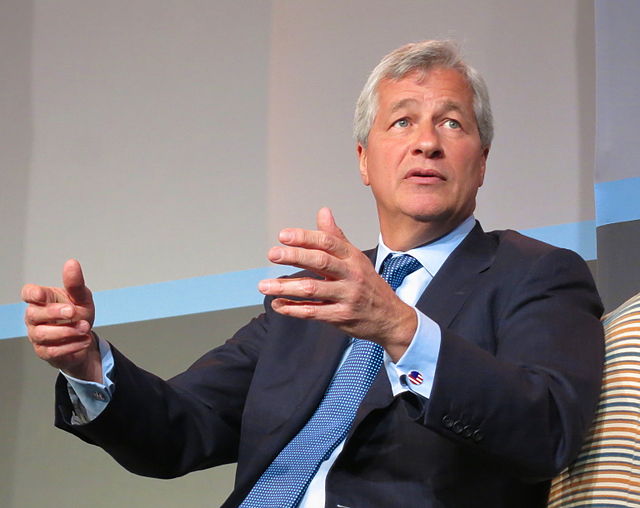Bank Executive Balks At Divesting From ‘New Oil And Gas Products’

Although there might be valid reasons for critics on both sides of the aisle to disparage the actions of big banks, at least one industry CEO seems to know where to draw the line when it comes to fighting climate change.
U.S. Rep. Rashida Tlaib (D-MI), who is a member of the so-called “Squad” of far-left lawmakers in the House, pressed a panel of bank executives on their environmental commitments this week.
At one point, she noted the commitment of all participants “to transition the emissions from lending and investment activities to align with pathways to net-zero in 2050,” going on to ask if they would be willing to take it a step further.
“So, no new fossil fuel production, starting today,” she said. “So that’s like zero. I would like to ask all of you and go down the list, because again, you all have agreed to doing this. Please answer with a simple yes or no. Does your bank have a policy against funding new oil and gas products?”
JP Morgan Chase CEO Jamie Dimon had a direct answer for the liberal legislator.
“Absolutely not,” he replied. “And that would be the road to hell for America.”
Tlaib shot back: “Yeah. That’s fine. That’s fine.”
She went on to reference Dimon’s earlier criticism of President Joe Biden’s plan to forgive up to $20,000 in student loan debt, suggesting that Chase customers who “got relief from student loans … should probably take out their account and close their account.”
While Dimon had perhaps the most attention-grabbing response to her question, it is worth noting that none of the executives on the panel would agree to the commitment that Tlaib put forward.
Citigroup CEO Jane Fraser said that her bank “will continue to invest in, and support clients who are investing in, fossil fuels and in helping them transition to cleaner energies.”
Brian Moynihan, Bank of America’s chief executive, echoed that sentiment, asserting: “We are helping our clients make a transition, and that means we’re lending to both oil and gas companies and to new energy companies and helping monitor their course toward the standards you’re talking about.”
























